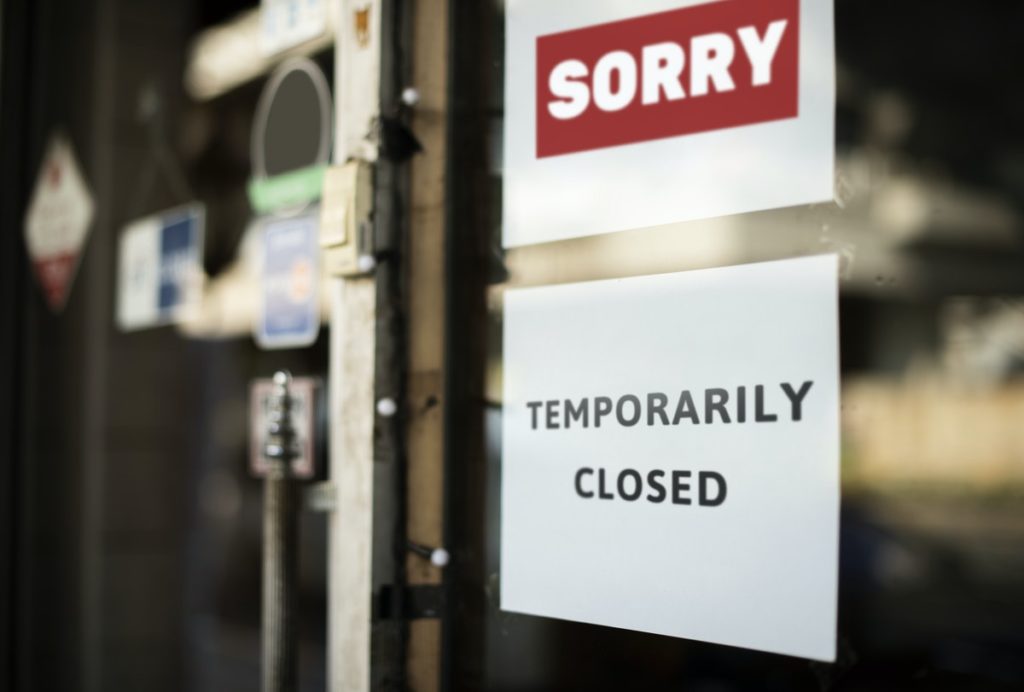COVID-19 advice
The information in this blog is correct as at 9 April 2020. For the most up-to-date Employment Law and Health & Safety advice to support your organisation through the COVID-19 pandemic, visit our Coronavirus Advice Hub, which is updated daily and contains a variety of free guidance notes, letter templates, checklists, risk assessments and more.
A relatively unknown term just a few months ago, furlough has become the new COVID-19 buzzword and the trending topic of conversation for employers and workers alike.
However, while the government has attempted to outline how its Job Retention Scheme will work in practice, unanswered questions and grey areas have sparked much discussion and debate in recent weeks, with many still confused as to exactly who is eligible to apply.
As with any new legislation, especially in such fast-moving circumstances, the finer details of the scheme are still be teased out. This being the case, the government updated its guidance on 4 April in a bid to fill in a few apparent gaps.
With eight out of 10 firms planning to furlough staff over the next week, this latest update has clarified the following important points for employers:
1. Employees can start a new job while on furlough

While the scheme expressly prohibits workers from undertaking any income-generating work for the business that has furloughed them, the government has confirmed that people are permitted to take up separate employment during this time if they choose. This is an option that some people may decide to explore in order to supplement their income, especially if they are used to making more than the £2,500 cap or their household is losing out financially in other ways due to the current crisis.
As in usual circumstances, it will only be possible for workers to take up extra work if their Contract of Employment permits this. Our view is that employers are able to waive any such contractual restriction to enable employees to work elsewhere while furloughed by you, but you will need to be clear that they must return to your employment when directed to do so. Of course, many people will already work multiple jobs, in which case they may be furloughed by one or both employers.
2. Employers can claim for contractual commission and bonuses but not non-contractual benefits
As well as employees’ basic pay, the government has confirmed that employers can claim for any regular payments that they are obligated to pay to staff, including past overtime, fees and compulsory commission payments. However, any discretionary commission payments and bonuses should be excluded. This means tips cannot be claimed.
The grant will also not cover the cost of any non-monetary benefits provided to employees, including taxable benefits in kind or benefits provided through salary sacrifice schemes (including pension contributions) that reduce an employee’s taxable pay.
3. Company directors can be furloughed
While it was already assumed to be the case, the updated guidance confirms that in addition to employees, the grant can be claimed for any of the following groups, if they are paid via PAYE:
- Office holders (including company directors)
- Salaried members of Limited Liability Partnerships (LLPs)
- Agency workers (including those employed by umbrella companies)
- Limb (b) workers (i.e. individuals who don’t work under a Contract of Employment but who are otherwise contracted to personally provide work or services to the business)
As with employees, these individuals are not permitted to undertake any other work for the company if furloughed. Company directors can, however, continue to perform their statutory duties.
4. Employees can be furloughed more than once
Employers can submit one claim every three weeks, which is the minimum time an employee can be furloughed for. Accordingly, the updated guidance has clarified that it is possible for employees to come “in and out” of furlough by, for example, spending three weeks furloughed, coming back to work for three weeks (perhaps part time) before being furloughed again. This allows employers to revisit their options as the situation progresses.

5. Employers must provide written notice of furlough
In a change to previous guidance, the government has now confirmed that employers must notify employees of their furlough status in writing and retain a copy of that notice for five years. This is important as HMRC may ask you to produce this document in any subsequent audit of the scheme.
Not sure what details to include in a notification letter to staff? Visit our Coronavirus Advice Hub to download a free sample letter created by our Employment Law specialists. This outlines all the essential information for employees and can be amended, where indicated, to suit your particular circumstances and the needs of your business.
6. Employees who left the business after 28 February can be brought back and furloughed
Thanks in no small part to Martin Lewis, the right to be re-employed and potentially furloughed has been extended to anyone who changed jobs after 28 February. However, before you rush to re-hire, our advice would be to wait for clarification as to what will happen to these re-employed workers once the furlough scheme ends.
For example, will you need a potentially fair reason to dismiss these individuals? Would the end of the scheme give you ‘some other substantial reason’ to dismiss? Or will this be a redundancy situation? Either way, re-employing workers in order to furlough them has the potential to get very messy and may incur costs to your business through redundancy pay, notice pay or both, so proceed with caution.
Make light work of furlough leave
For many employers, furlough will be uncharted territory, leading to a lot of homework and potentially a lot of stress. For straight answers and practical guidance based on the latest government information, visit our Coronavirus Advice Hub, which contains a range of free resources designed to support employers through this difficult period.









